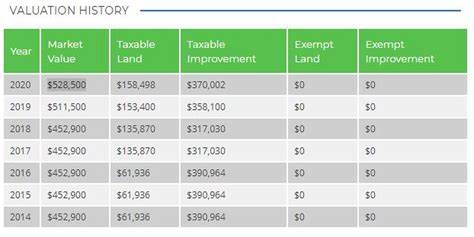Contents
PHILADELPHIA WAGE TAX
Starting from July 1, 2023, employers in Pennsylvania need to withhold a 3.75% wage tax from the paychecks of Philadelphia residents. Previously, this tax rate was 3.79%. However, for non-residents who work within the City of Philadelphia, there is no change; their wage tax rate remains at 3.44%. The Wage Tax is a tax on earnings like salaries, wages, and commissions. It applies to payments received from an employer in exchange for work or services. All employed Philadelphia residents are required to pay the Wage Tax, regardless of where they work. Additionally, non-residents who work in Philadelphia must also pay this tax.PHILADELPHIA EARNINGS TAX
Earnings Tax Rate for Residents: In 2023, the new tax rate for Philadelphia residents is 3.75%, down from the previous rate of 3.79%. Non-Resident Rate: For those who work in Philadelphia but don’t live there, the tax rate remains at 3.44%. Remember, you need to pay the Earnings Tax if you fall into either of these categories:- You’re a Philadelphia resident with taxable income, and your employer doesn’t withhold the City Wage Tax from your paycheck.
- You’re a non-resident who works in Philadelphia, and your employer doesn’t withhold the City Wage Tax from your paycheck.
BUSINESS INCOME AND RECEIPTS TAX (BIRT)
Business Income & Receipts Tax (BIRT) is a tax that applies to gross receipts and taxable net income for business activities conducted in Philadelphia. For tax year 2023, the net income portion of the BIRT will decrease from its current rate of 5.99% to 5.81%. This new BIRT income tax rate becomes effective for tax year 2023, affecting returns due and taxes owed in 2024. The BIRT gross receipts tax rate remains unchanged. Over the past decade, the City of Philadelphia has gradually reduced the BIRT income tax rate, starting from 6.45% in 2013 down to 5.99% in 2022. For a comprehensive list of all tax reductions in Philadelphia for 2023, you can visit their website.People May Ask
What is the Philadelphia city wage tax?
The Wage Tax is a tax on salaries, wages, commissions, and other compensation paid to individuals who work or live in Philadelphia. Residents of Philadelphia are subject to a 3.75% wage tax rate. Non-residents who work in Philadelphia must pay a 3.44% wage tax rate. All employers located in Pennsylvania must register with the City of Philadelphia if they employ either a resident of Philadelphia or a non-resident who performs services in Philadelphia. The tax applies to all employed Philadelphia residents, regardless of where they work, and non-residents working in Philadelphia.Do I have to pay Philadelphia city wage tax if I work remotely?
If you work remotely for a Philadelphia-based employer, whether you’re a resident or non-resident, you are still subject to the City Wage Tax. The rates remain the same: 3.75% for residents and 3.44% for non-residents. However, there are specific scenarios where remote work may not be subject to the tax, such as when it’s for the “convenience of the employer” or if you’re working outside the city due to workspace repurposing.What is the Philadelphia property tax rate?
The Real Estate Tax applies to property owners in Philadelphia. For the 2022 tax year, the rates are:- City: 0.6317%
- School District: 0.7681%
- Total: 1.3998% (combined rate).
What is the business city tax in Philadelphia?
Philadelphia imposes various business taxes. Here are some key points:- Business Income and Receipts Tax (BIRT): Applies to gross receipts and taxable net income for business activities conducted in Philadelphia.
- Sales and Use Tax: Imposed by both the City and the Commonwealth (6%).
- Realty Transfer Tax: Applies to the sale or transfer of real estate in Philadelphia.
- Net Income Tax: Exceeds the average rates in other cities by a significant margin.

I am a passionate technology and business enthusiast, constantly exploring the intersection where innovation meets entrepreneurship. With a keen eye for emerging trends and a deep understanding of market dynamics, I provide insightful analysis and commentary on the latest advancements shaping the tech industry.
Get Latest Updates
Join Now
